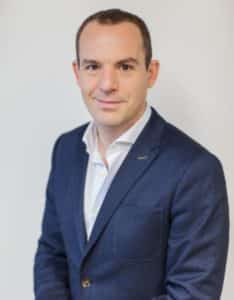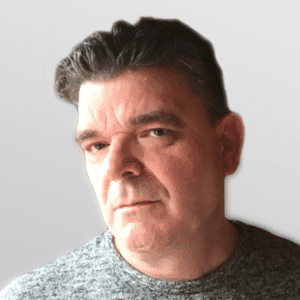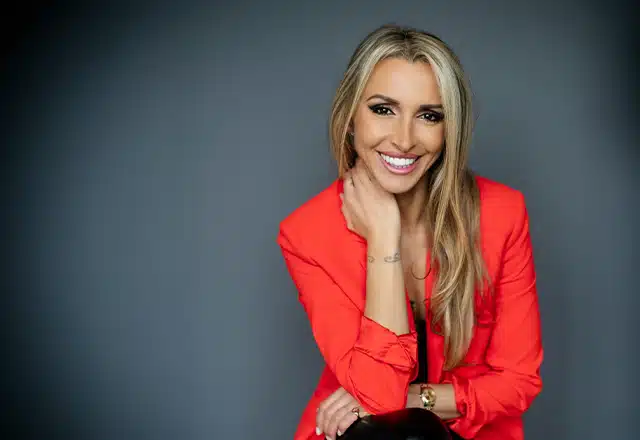
The giant companies who run the internet need to make their AI models faster and more efficient to protect people from damaging deepfake posts, according to one of Britain’s top AI entrepreneurs.
Martin Lewis sick after deepfake scandal. .
The warning comes in the wake of the Martin Lewis deepfake scandal that left the consumer finance expert feeling sick. The computer generated video of Lewis, that appeared on Facebook, encouraged people to sign up for a bogus Elon Musk-backed project calling it a: “great investment.” It is not the first deepfake to have caused havoc and won’t be the last.

“By the time they realise it is fake, already hundreds of thousands have seen it!”
“The problem for a lot of internet giants is that it takes a long time to take the content down as they do not know if it is real or not; by the time they realise it is fake, already hundreds of thousands have seen it!” says Leslie Kanthan the founder of City of London based TurinTech, one of the UK’s top 20 Al companies.
A software engineer can make it.
The problem is not going to go away. Rapid advancements in machine learning could increase the availability and power of the technology.
“It is not very easy to make deepfake videos, but with the right learning and tools it is achievable for a software engineer,” says Kanthan.
“I don’t advertise, I don’t do investment.”
Lewis – a trusted voice among UK consumers – is still reeling from the deepfake video that threatened to tarnish his image. He says scammers have used his image for years to try to con people out of their money.
“I’ve had friends of mine get in touch with me at times saying: ‘hey, I’ve just put some money in that investment scheme you‘re advertising,” he told the BBC.
“I don’t advertise, I don’t do investment.”
The authorities are concerned that deepfake might also be used as a tool for misinformation, as well as scams. Lewis believes the internet needs regulation.
Are we scared of big tech?
“We are scared of big tech in this country and we need to start regulating them properly. Vulnerable people are being scammed and nothing is being done about it.”
The Lewis incident is likely to increase calls for tighter regulation of the internet.
“I believe it will take serious thinking on regulation and not something that is easily done by saying ‘let’s regulate that.’ What can happen is, we need more researchers/data scientists/ AI specialists involved in the debate of regulation,” says Kanthan.
A debate that is likely to intensify as technology advances and the deepfake scams become more and more commonplace.





